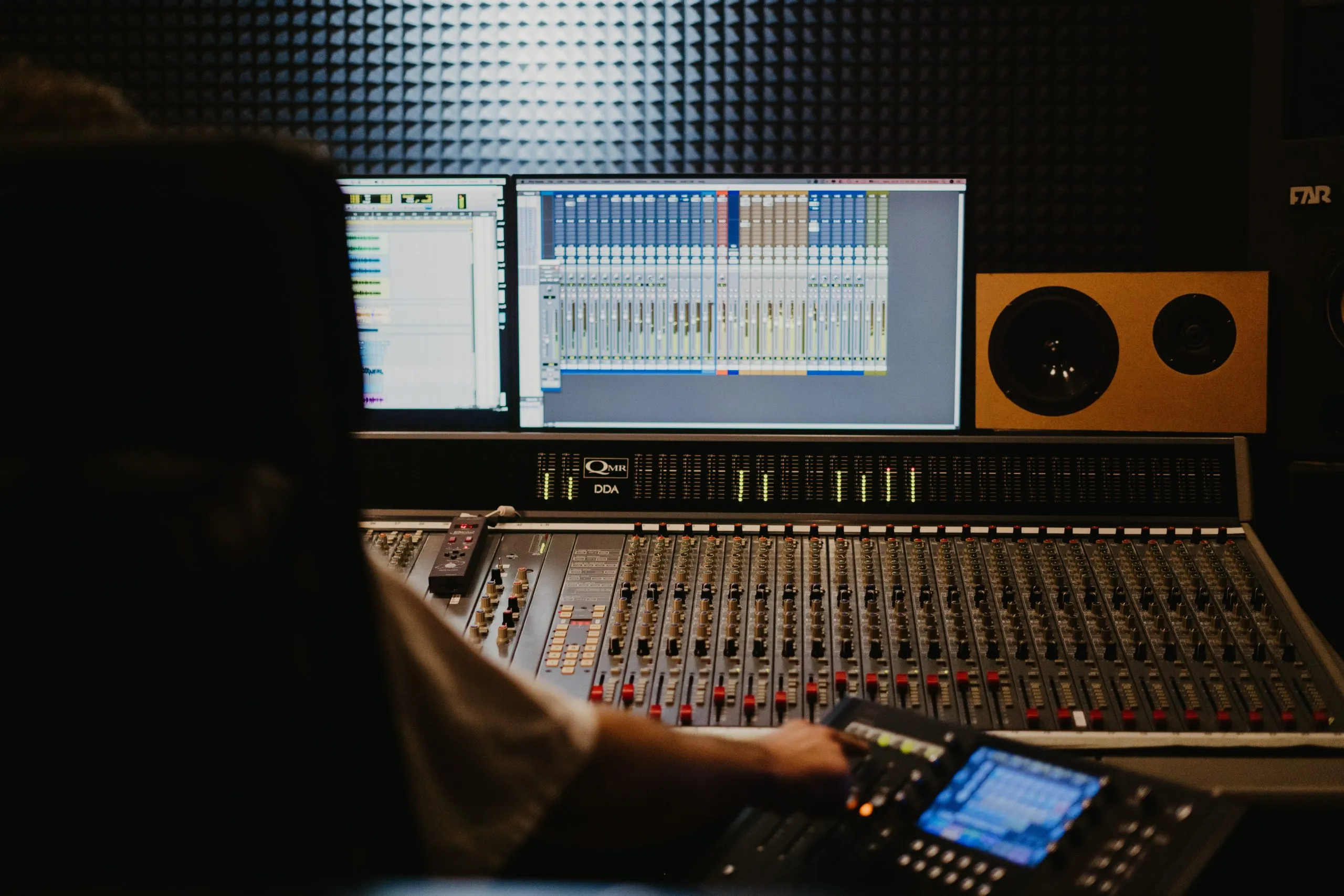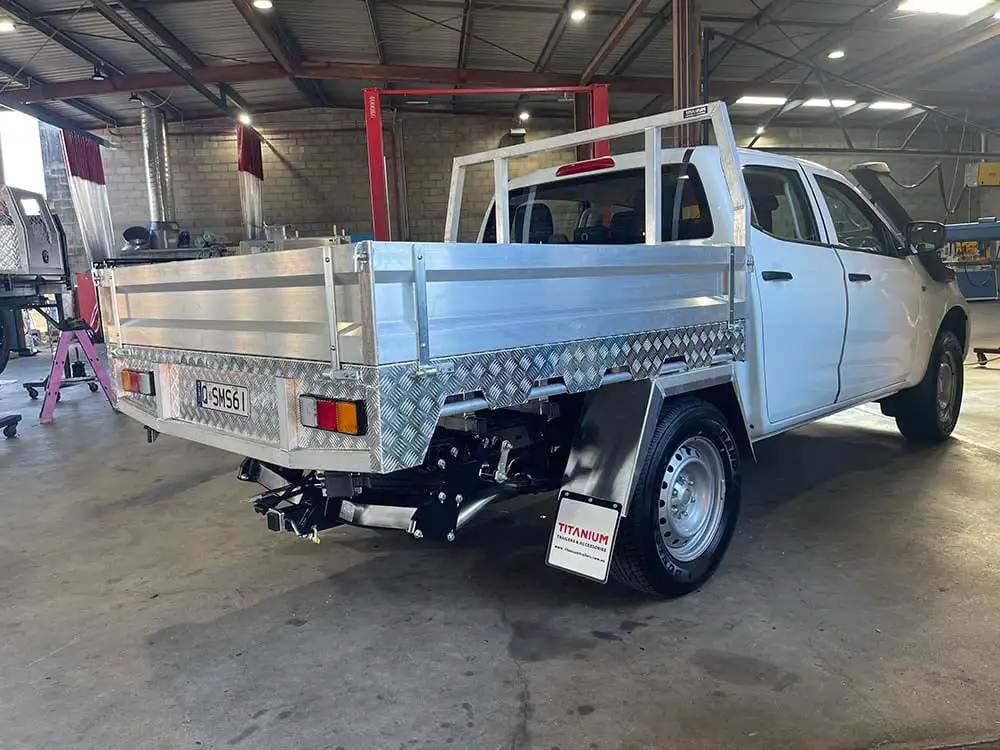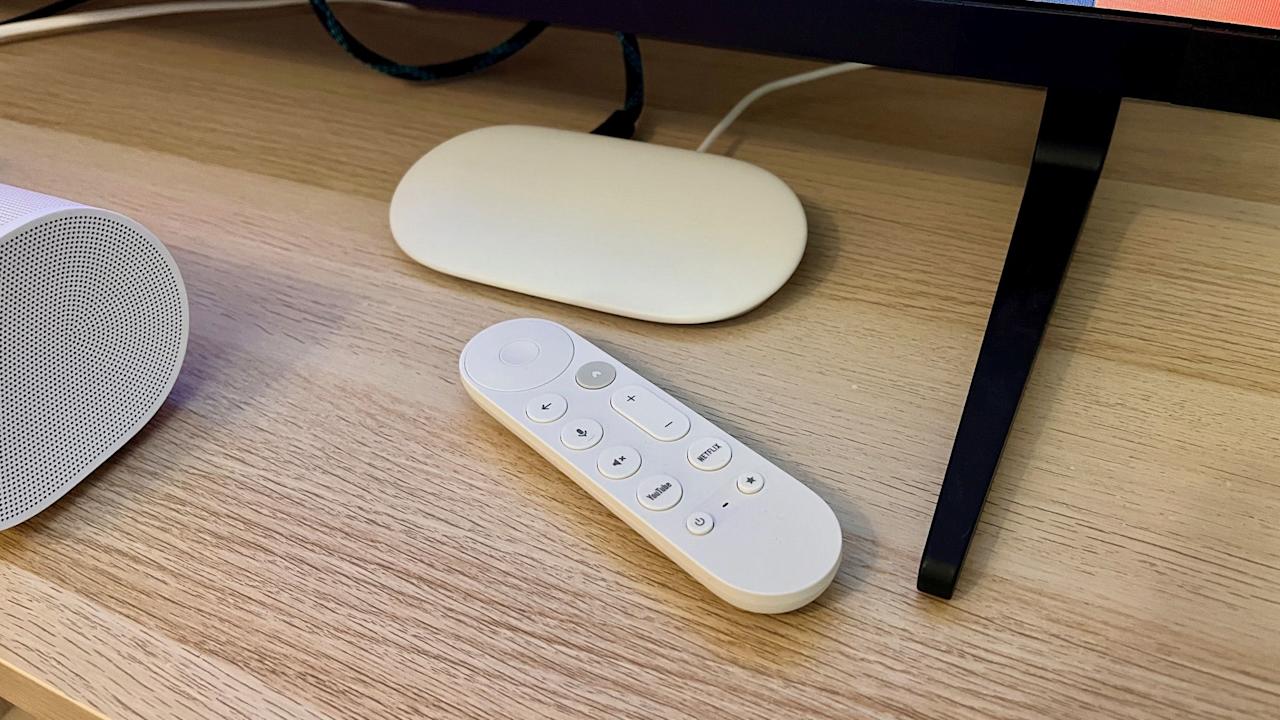Setting up an education institution for
teaching sound design and engineering requires a well-structured curriculum that caters to a variety of interests and skill levels in sound engineering and sound editing. Here’s a comprehensive look at potential programs you can offer:
1. Certificate in Sound Engineering
Overview: This program is ideal for beginners or those looking to gain foundational skills in sound engineering. It typically covers essential topics and skills required to work in various sound-related fields.
Key Modules:
- Introduction to Sound: Basic principles of sound, including frequency, amplitude, and waveforms.
- Microphone Techniques: Types of microphones, placement techniques, and their application in different settings.
- Basic Recording Techniques: Understanding of recording hardware and software, signal flow, and simple multitrack recording.
- Editing Fundamentals: Introduction to digital audio workstations (DAWs) and basic audio editing techniques.
Duration: 6 months to 1 year, with a mix of classroom instruction and hands-on lab work.
2. Diploma in Audio Production
Overview: A step up from the certificate program, this diploma focuses on audio production, mixing, and post-production techniques, preparing students for entry-level positions in the industry.
Key Modules:
- Advanced DAW Techniques: Deep dive into popular DAWs like Pro Tools, Ableton Live, and Logic Pro.
- Sound Design: Techniques for creating and manipulating sounds, including synthesis and sampling.
- Mixing and Mastering: Detailed study of mixing techniques, effects processing, and mastering workflows.
- Music Theory for Producers: Basic music theory to aid in composition and arrangement.
Duration: 1 to 2 years, incorporating both theory and practical components.
3. Bachelor’s Degree in Sound Engineering or Music Production
Overview: A comprehensive program that provides an in-depth understanding of sound engineering, production techniques, and the music industry as a whole.
Key Modules:
- Recording Techniques: Advanced recording methods, including studio etiquette and advanced microphone techniques.
- Live Sound Engineering: Understanding the intricacies of live sound, including mixing for live performances, equipment setup, and troubleshooting.
- Audio Post-Production: Techniques for film and television sound, including dialogue editing, sound effects, and Foley.
- Music Business: An overview of the music industry, including copyright law, marketing, and career development.
Duration: Typically 3 to 4 years, with opportunities for internships and collaborative projects.
4. Master’s Degree in Sound Engineering or Audio Arts
Overview: This program is designed for those looking to deepen their expertise in sound engineering, research, or pursue advanced roles in the industry.
Key Modules:
- Research Methods in Audio: Techniques for conducting research in sound engineering and production.
- Advanced Mixing and Mastering Techniques: Specialized courses focusing on high-level mixing strategies and mastering for various formats.
- Acoustics and Psychoacoustics: Study of sound behavior in different environments and how humans perceive sound.
- Capstone Project: An independent project that allows students to apply their knowledge and skills in a practical setting.
Duration: 1 to 2 years, typically involving a combination of coursework and a thesis or project.
5. Workshops and Short Courses
Overview: These are targeted, intensive programs focusing on specific aspects of sound engineering and production. They cater to individuals looking to enhance particular skills without committing to a full program.
Possible Topics:
- Mixing Essentials: A week-long course focusing on mixing techniques and practices.
- Sound for Film and Games: Short courses on creating soundscapes and effects for visual media.
- Live Sound Production: Workshops that cover live sound setup, mixing techniques, and troubleshooting.
- Music Production with DAWs: Intensive courses on using specific DAWs for music production.
Duration: Ranges from a few days to a few weeks.
6. Internship and Apprenticeship Programs
Overview: Partnering with local studios, venues, and production companies to offer real-world experience is invaluable for students. These programs can be integrated into larger courses or offered as standalone opportunities.
Key Features:
- Hands-On Experience: Students work alongside industry professionals, gaining practical experience.
- Networking Opportunities: Building connections in the industry can lead to job placements after graduation.
- Project Involvement: Participation in actual projects, allowing students to apply classroom knowledge in real-world settings.
Duration: Typically 3 to 6 months, depending on the partnership arrangements.
7. Online Courses
Overview: With the rise of remote learning, offering online courses can expand your reach and provide flexible learning options for students around the world.
Possible Topics:
- Introduction to Sound Engineering: An online course covering basic concepts and techniques.
- Advanced Mixing Techniques: Focused online training on specific mixing strategies.
- Sound Design for Film and Games: Online modules teaching sound design tailored for visual media.
Duration: Varies widely; some can be self-paced while others may have a set timeline.
8. Certification Programs for Specific Software
Overview: Offering certification in popular audio software can help students stand out in the job market. These programs can be short and focused on mastering specific tools.
Software Examples:
- Pro Tools Certification: Training and certification in using Pro Tools for audio production.
- Ableton Live Certification: Focused training on music production using Ableton Live.
- Logic Pro Certification: Mastery of Logic Pro for music production and sound editing.
Duration: Usually a few weeks to a couple of months.
Conclusion
By offering a diverse range of programs, your institution can cater to a wide array of students—from beginners to advanced professionals—who are eager to pursue careers in sound engineering and editing. Incorporating hands-on experience, industry-standard tools, and opportunities for networking will further enhance the educational experience, preparing students for successful careers in the ever-evolving music and sound industry.
Each program can be tailored to your institution’s strengths, local industry demands, and student interests, ensuring you create a dynamic and relevant educational environment.






